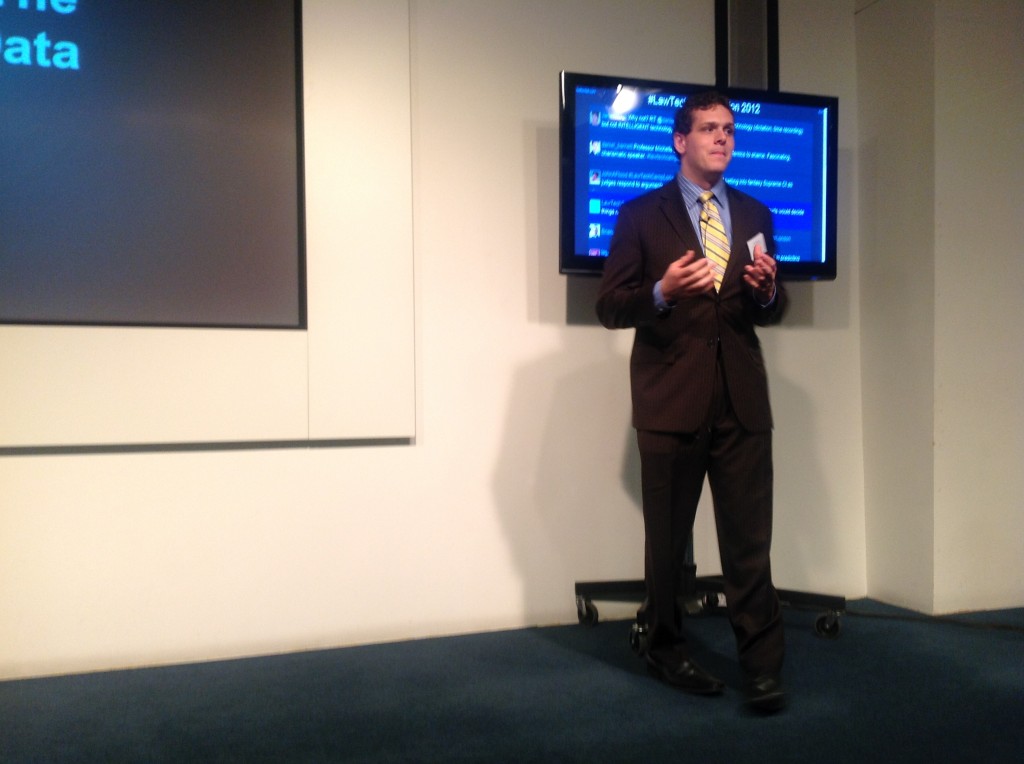Courtesy of Jan Crawford:
Romney: Well, the Supreme Court has the final word. And their final word is that Obamacare is a tax. So it’s a tax. It’s — they decided it was constitutional. So it is a tax and it’s constitutional. That’s — that’s the final word. That’s what it is. Now, I agreed with the dissent. I would have taken a different course. But the dissent wasn’t the majority. The majority has ruled. And their rule is final.
Crawford: But does that mean that the — the mandate in the state of Massachusetts under your health care law also is a tax —
Romney: Actually —
Crawford: — and that you raised taxes as governor?
Romney: Actually, the — chief justice, in his opinion, made it very clear that, at the state level — states have the power to put in place mandates. They don’t need to require them to be called taxes in order for them to be constitutional. And — and as a result, Massachusetts’ mandate was a mandate, was a penalty, was described that way by the legislature and by me. And so it stays as it was.
Crawford: Whatever it’s called, I mean, let me just — whether it’s a penalty, whether it’s a tax — it means that Americans, if they don’t have insurance, are going to pay something, whatever they call it.
Romney: You know, I made it very clear throughout my campaign and actually, while I was governor of Massachusetts, that the issue of the uninsured should be dealt with at the state level. And each state can create their own solutions to meet the needs of their people.
Crawford: You say on your website that you would nominate justices in the mold of the Chief Justice, John Roberts. Now that he’s voted to uphold this law, would you still, knowing what we know now, nominate a justice like John Roberts?
Romney: Well, I certainly wouldn’t nominate someone who — I knew — was gonna come out with a decision I violently disagreed with or vehemently, rather, disagreed with. And he reached a conclusion I think that was — not accurate and not — an appropriate conclusion. But — that being said, he’s a very bright person. And I — I’d look for — individuals that have intelligence and believe in following the constitution.
Crawford: Are you troubled that he switched his vote? He was initially with the conservatives to strike down the heart of the law, the individual mandate, and then changed his mind to join the liberals to uphold it?
Romney: Well, it — it gives the impression that the decision was made not based upon constitutional — foundation but instead — political consideration about the — relationship between the branches of government. But we won’t really know the answers to those things until the justice himself speaks out — maybe some time in history.
That entire bit about the dissent was wrong is so John Harlan.
